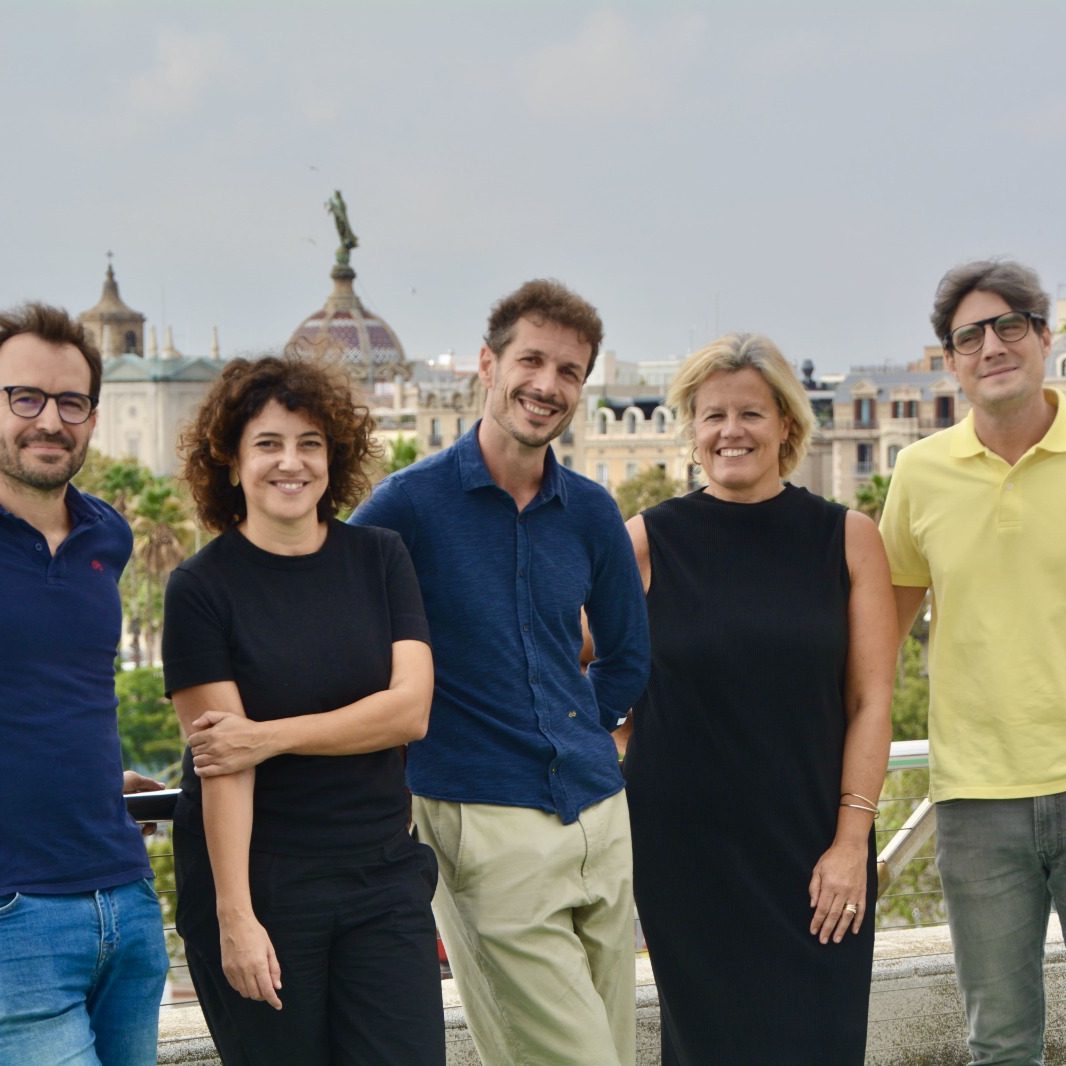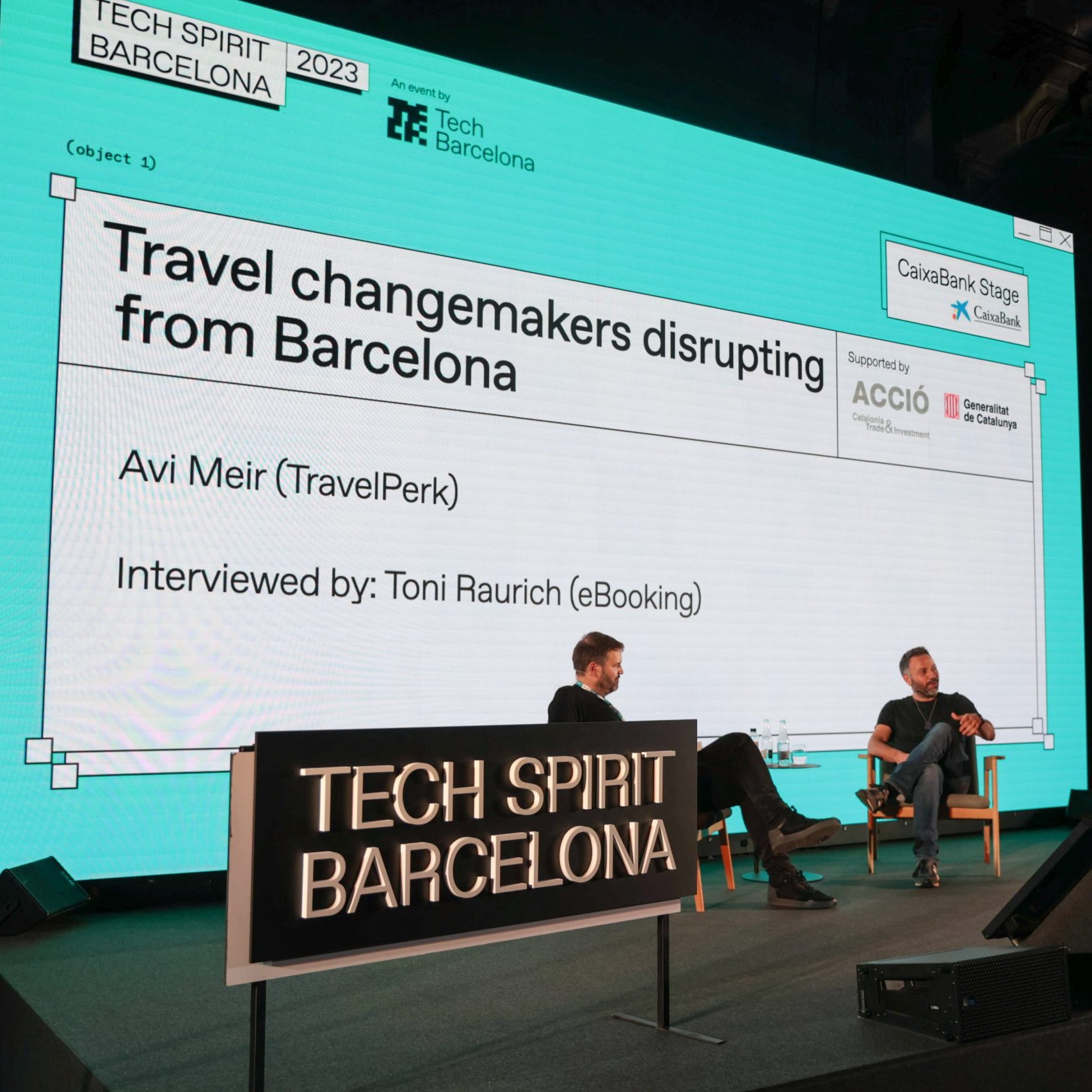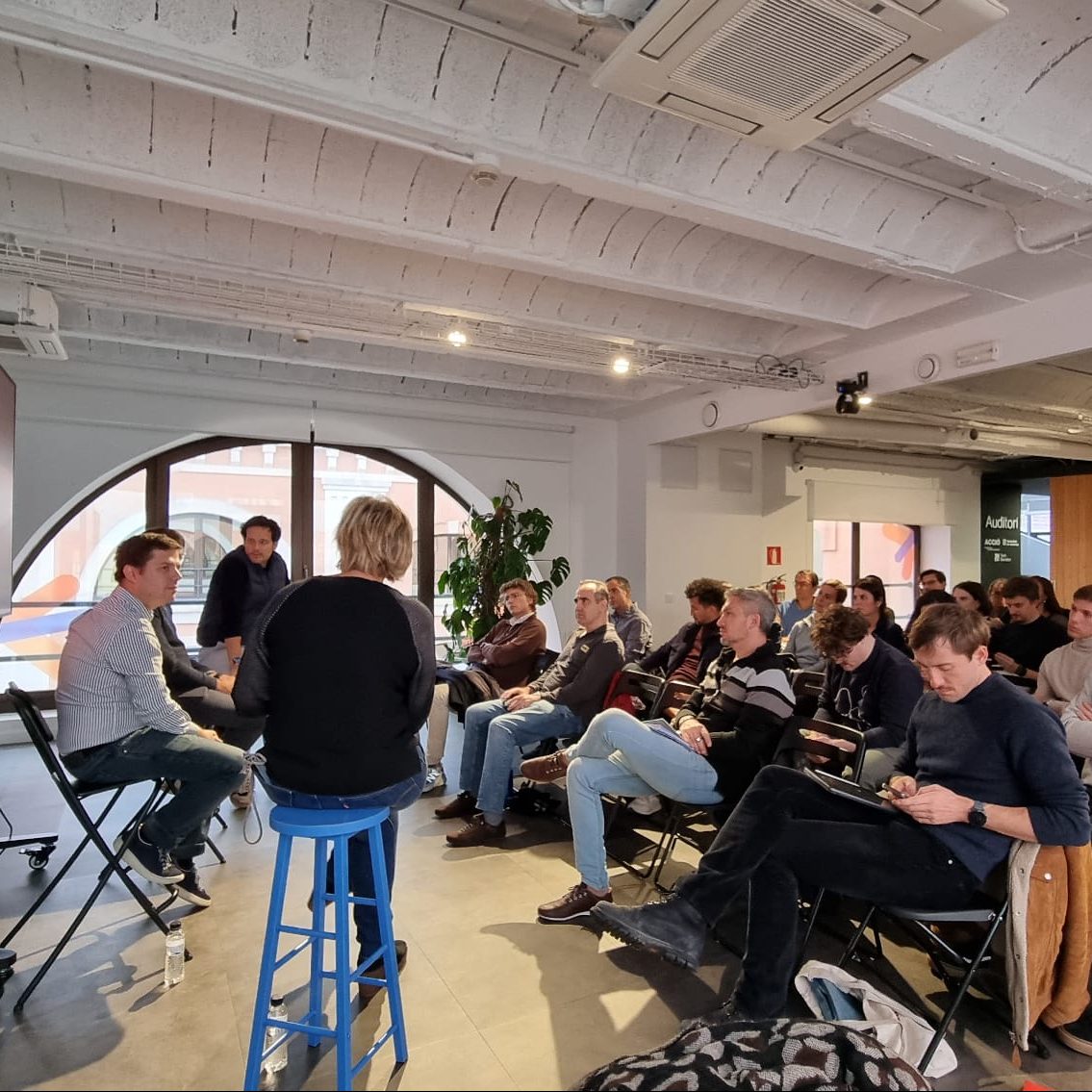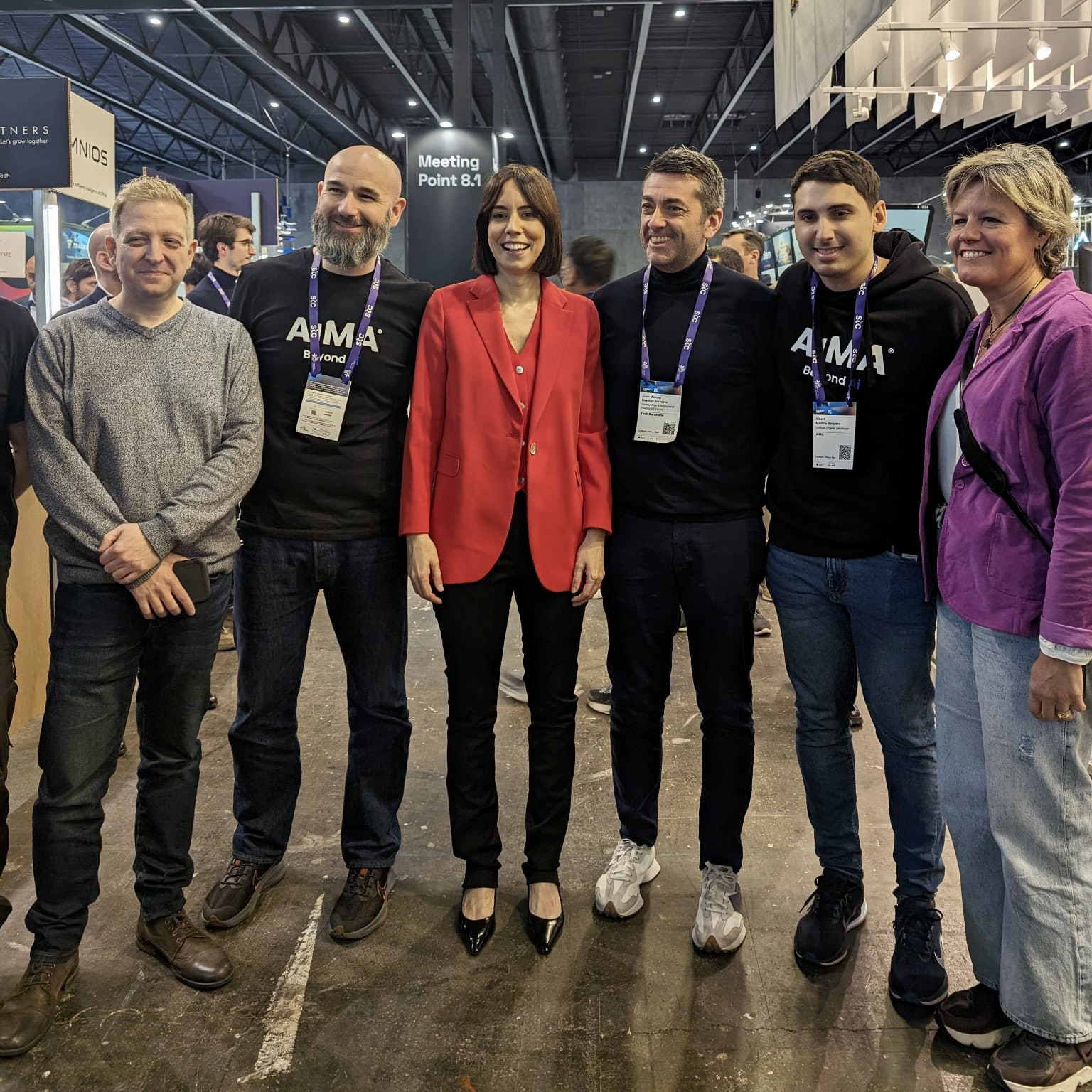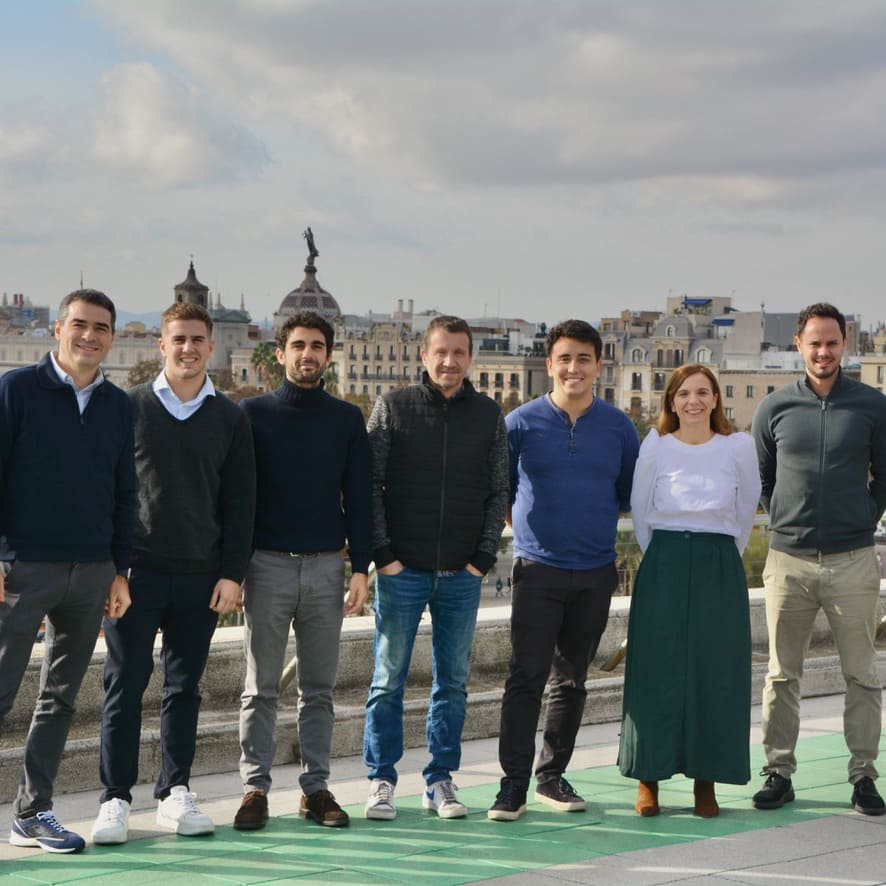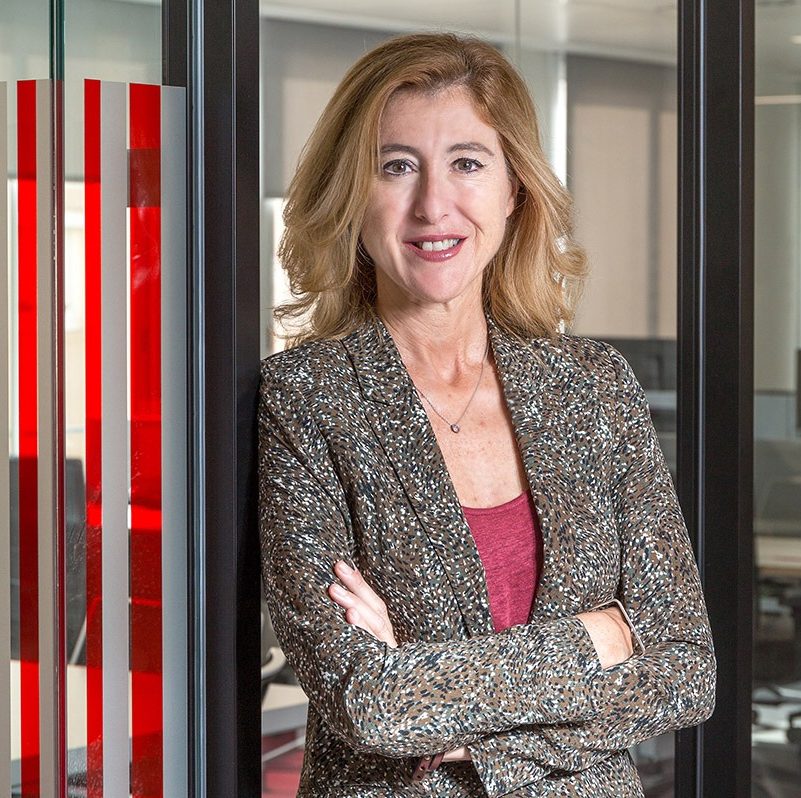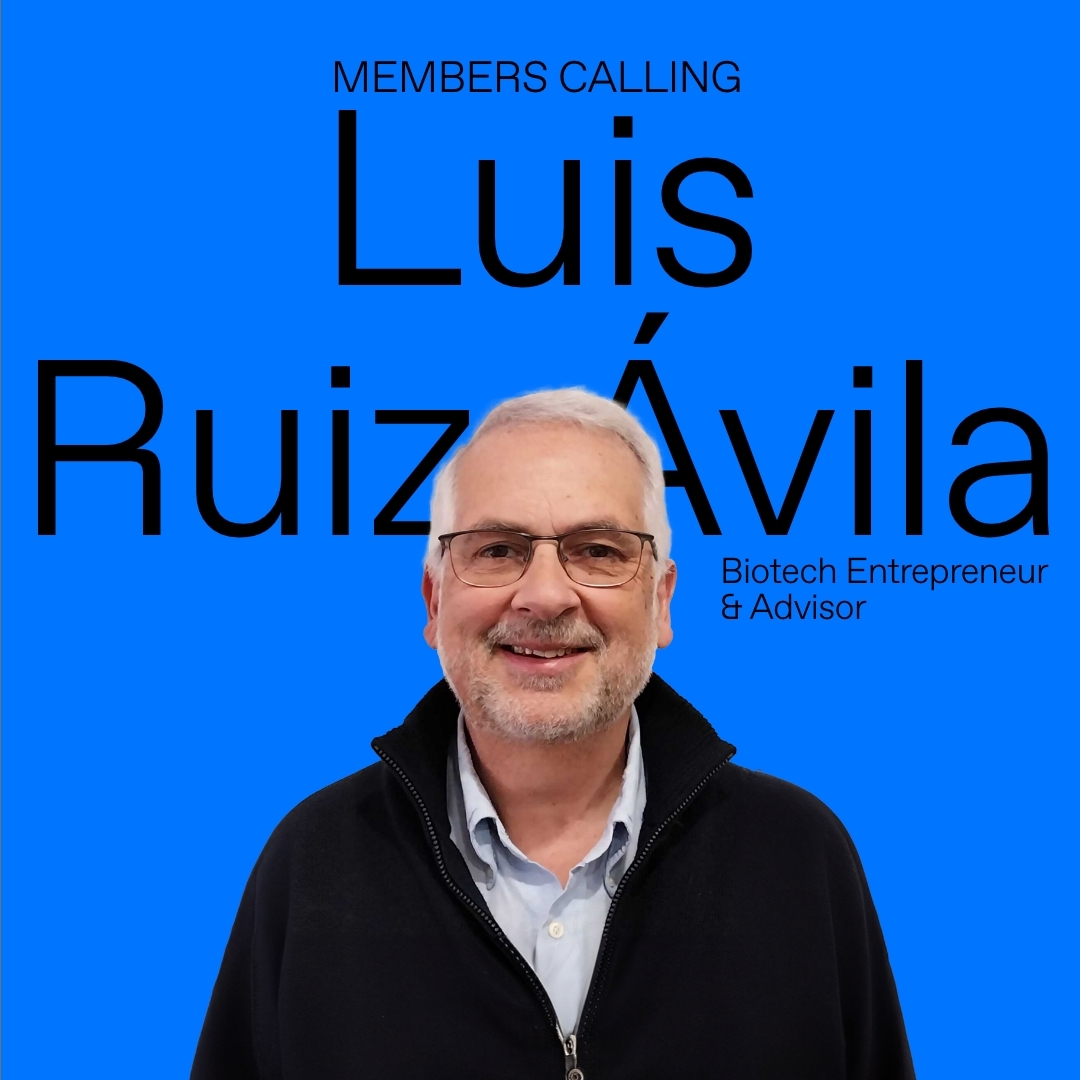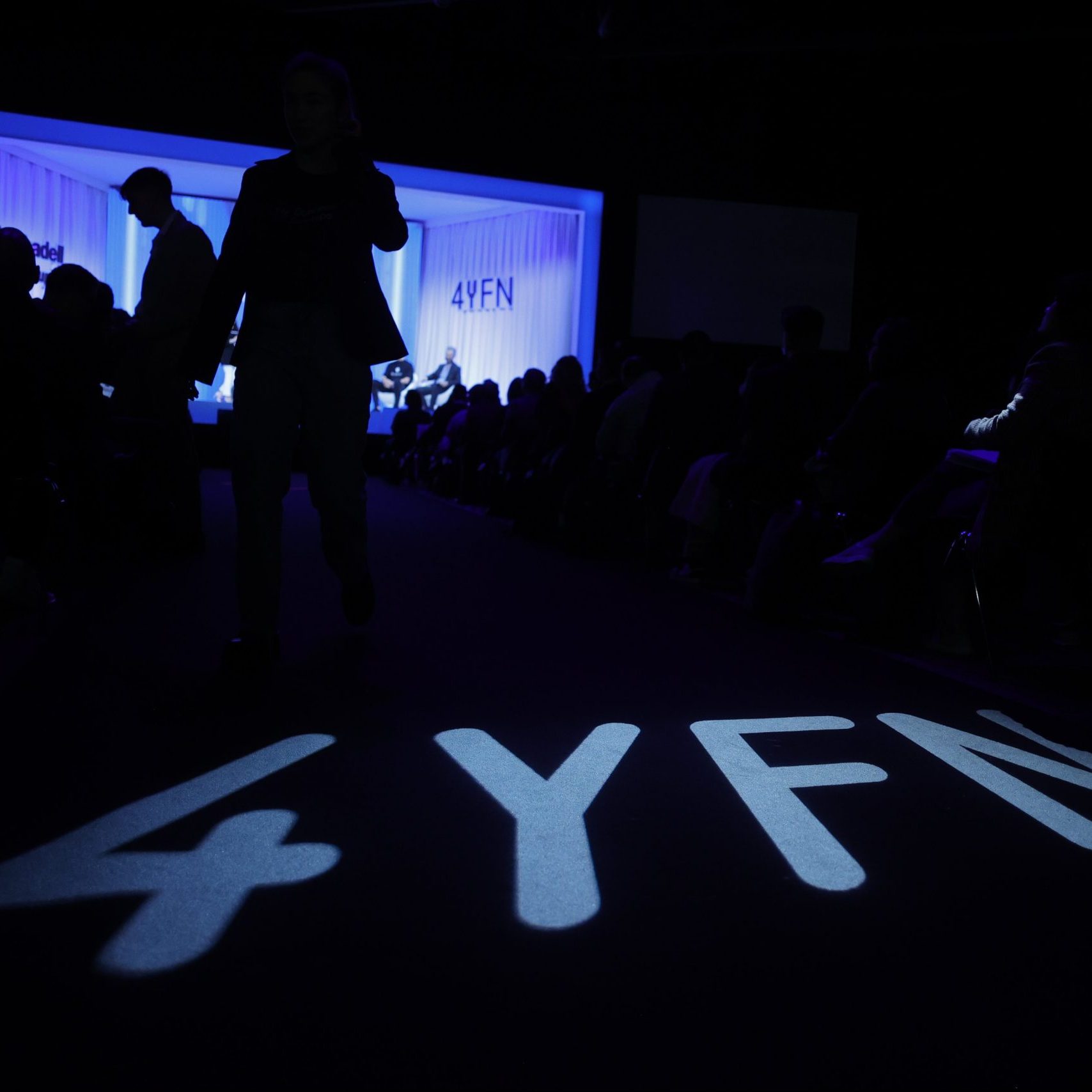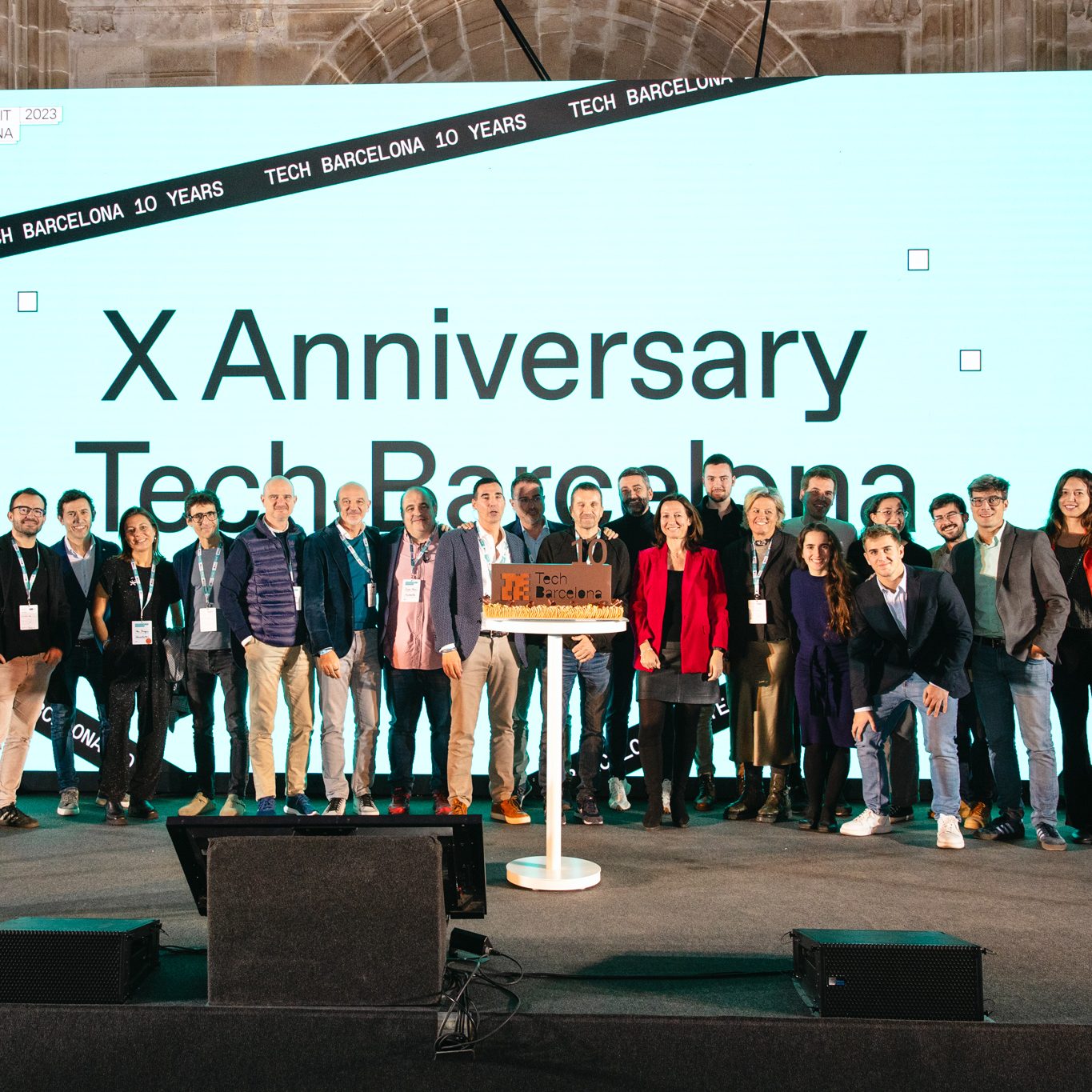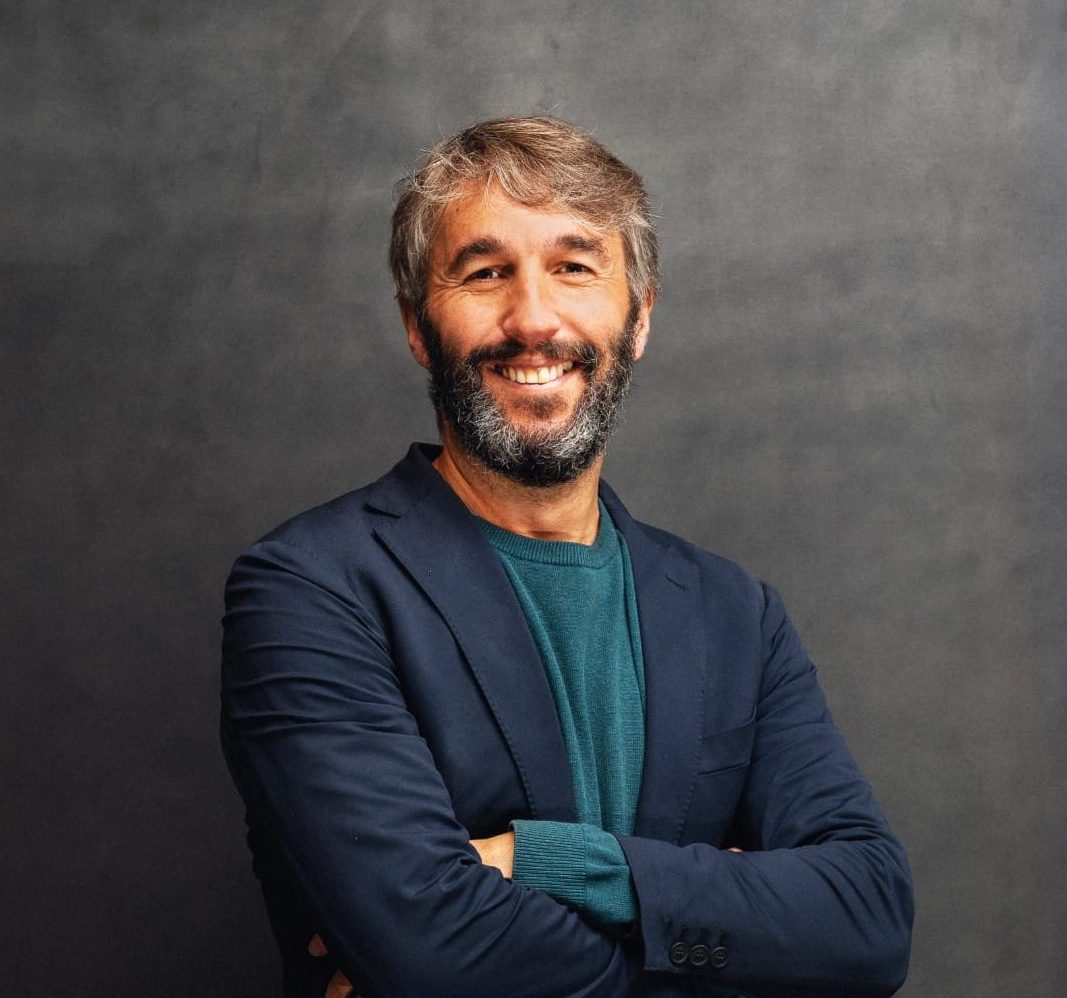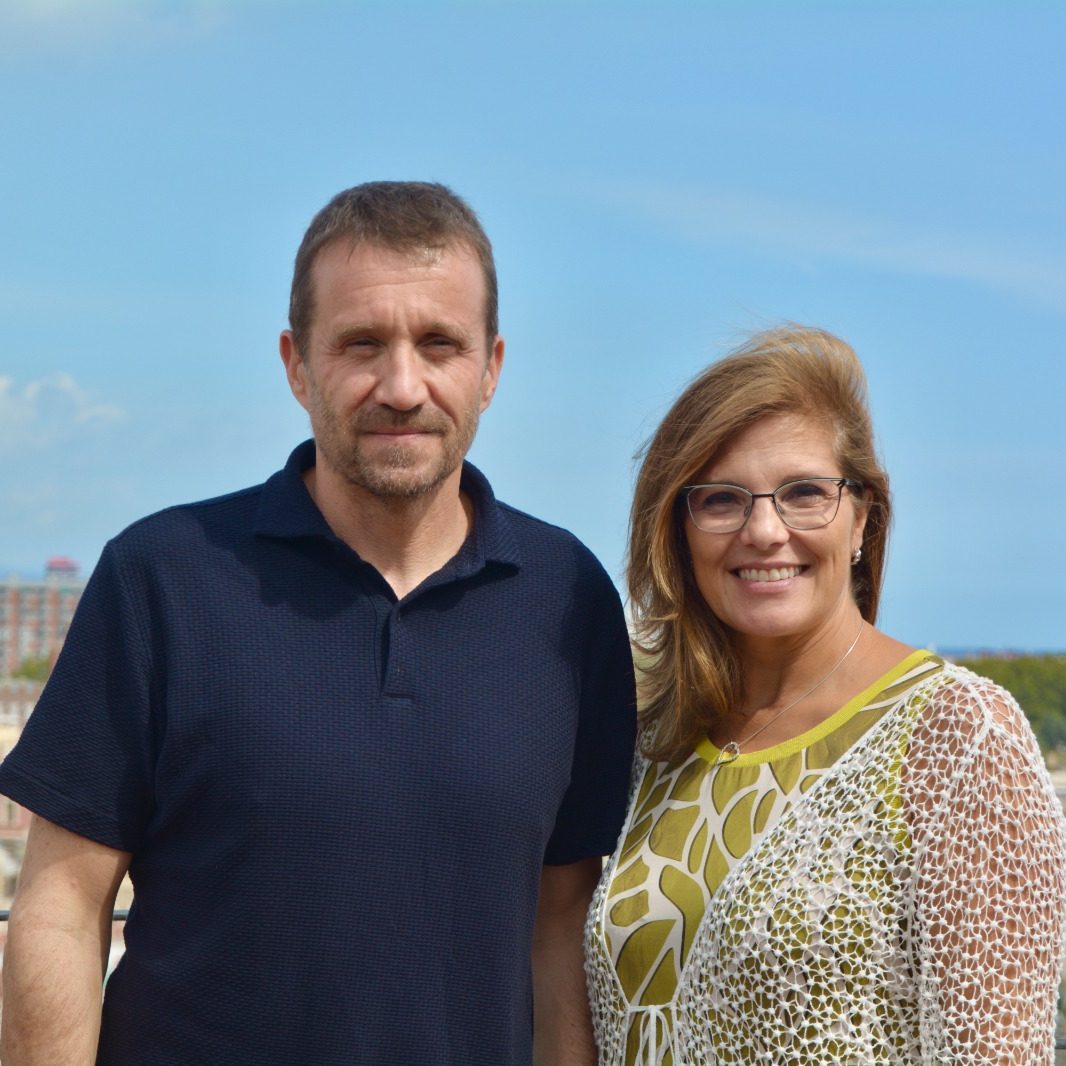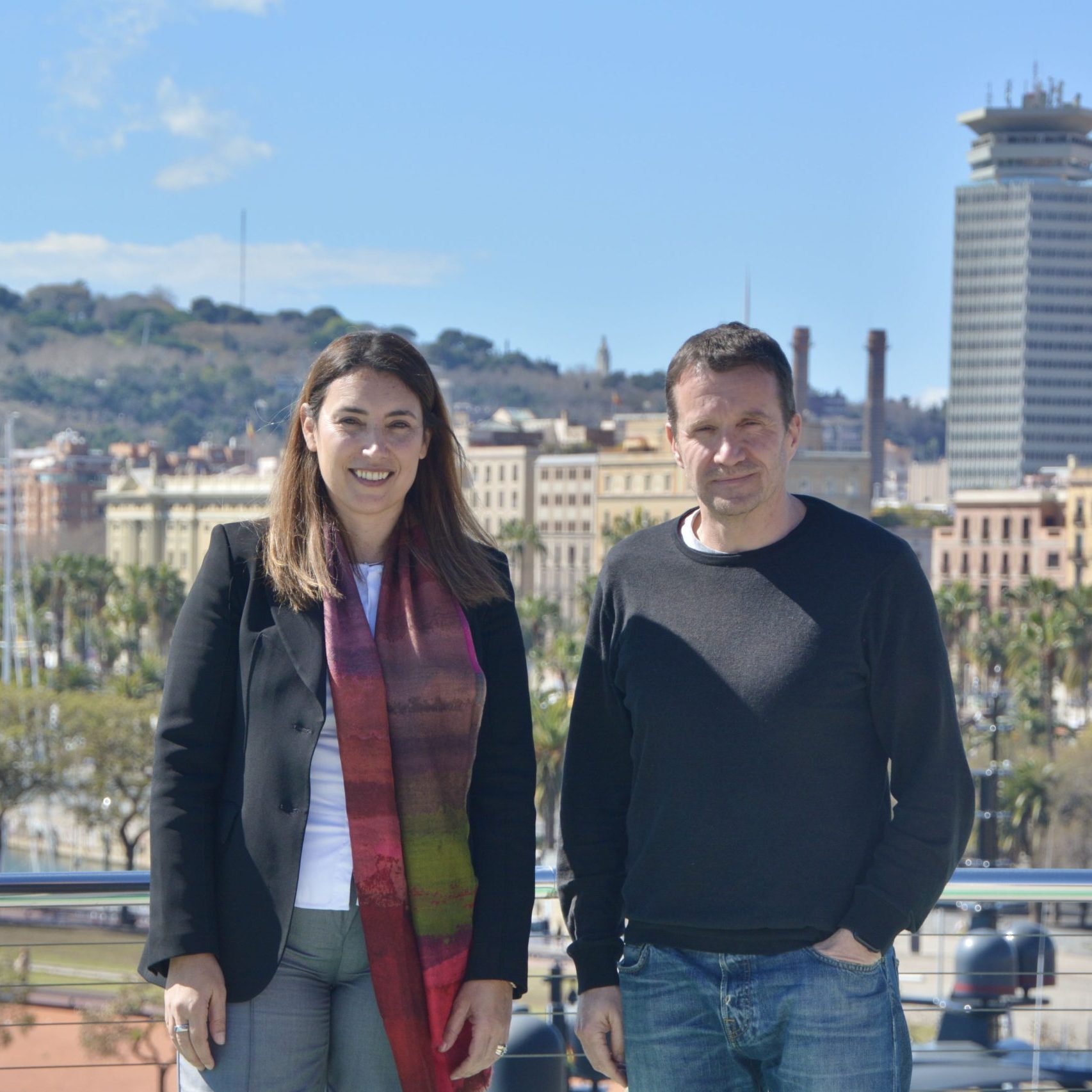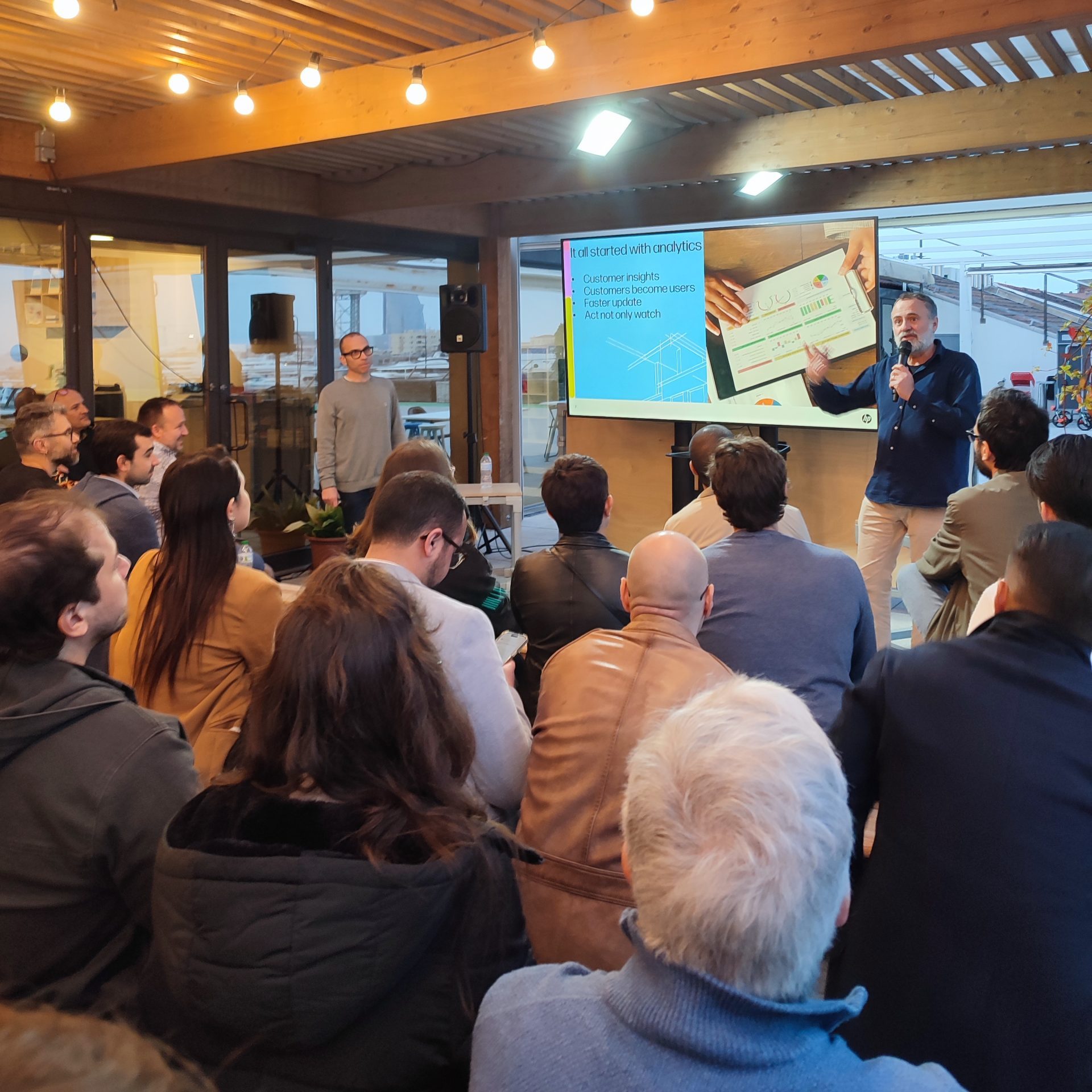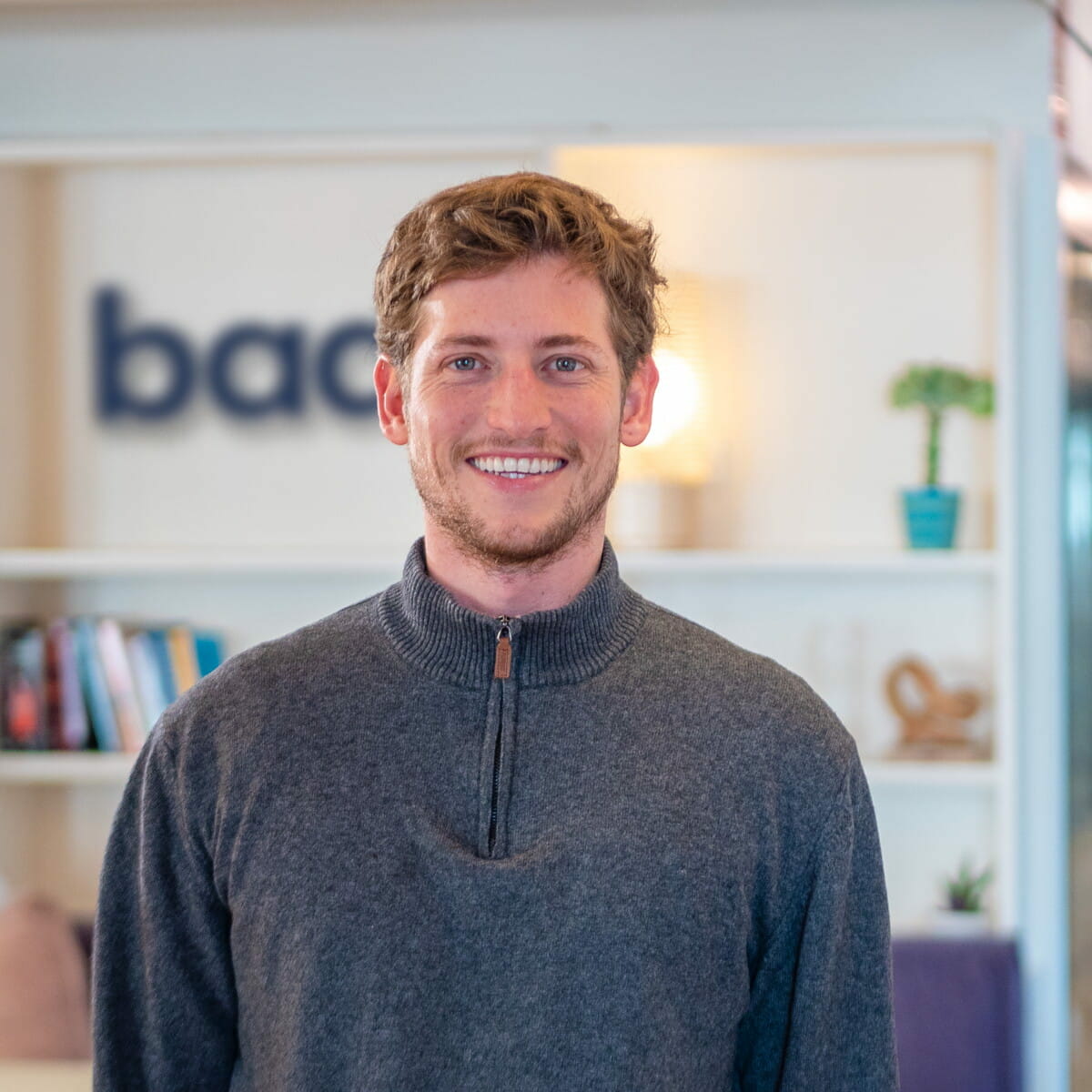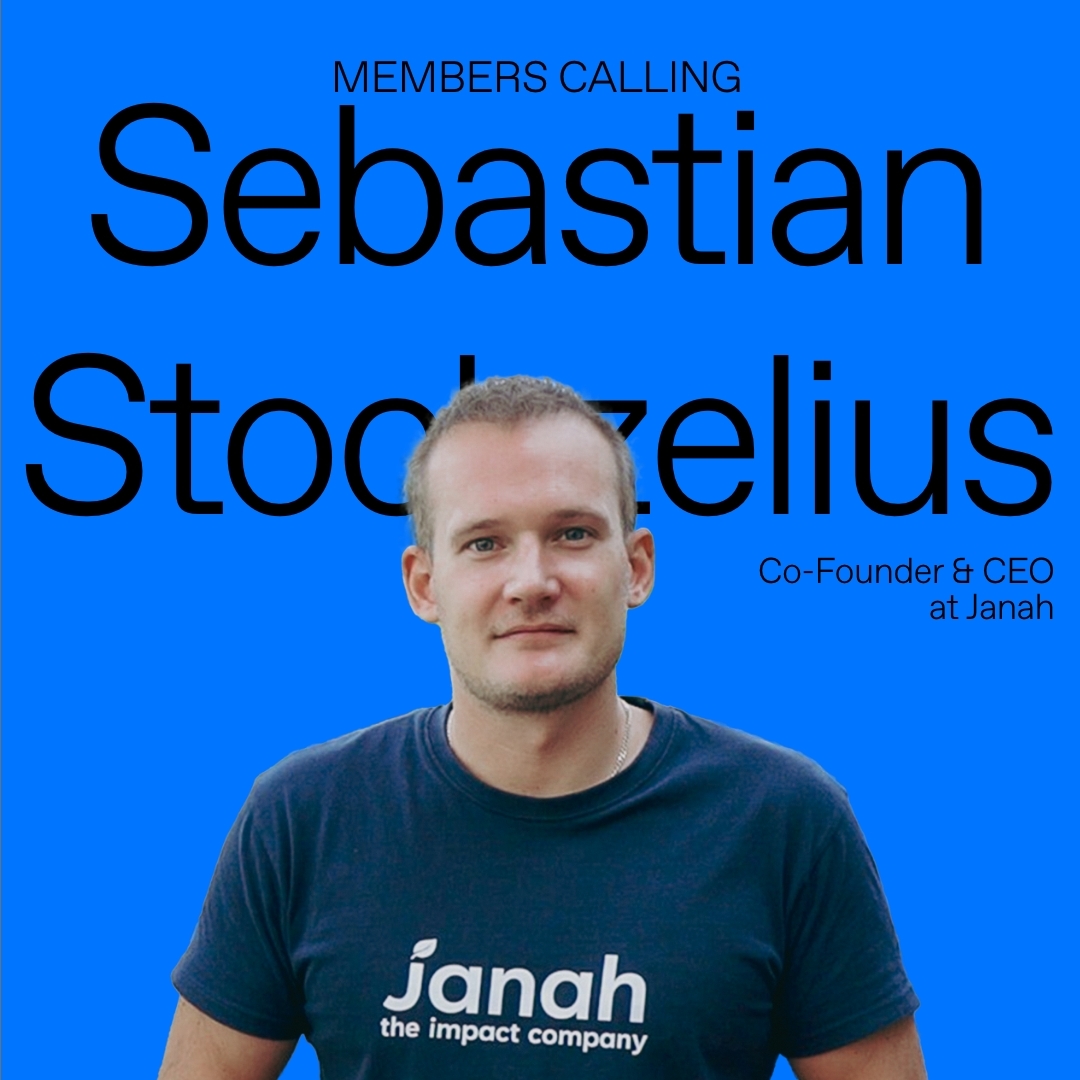Noticias
TB Coffee with… Inés Arroyo: “Our goal is to be a 100 million company, maybe in ten years’ time”
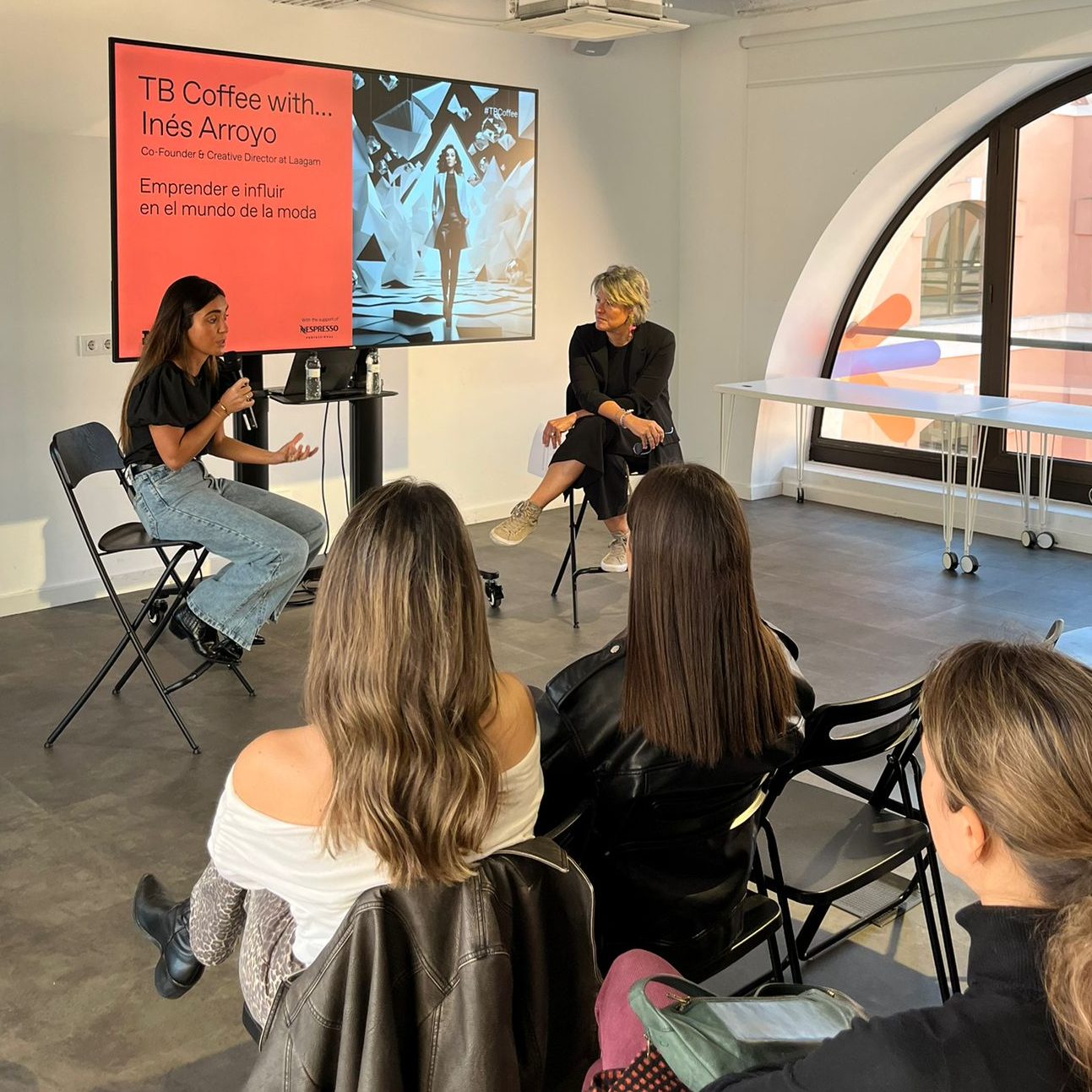
“If you stop, you lose” and “it’s better to ask for forgiveness than permission” are two phrases that may sound cliché but have helped build the culture – and success – of one of the most recognised native digital vertical brands in the ecosystem: Laagam. The brand created in 2017 by brothers Inés and Diego Arroyo and Cristian Badia’s mission is to “empower women to change the world”, and it does so by creating a growing community of enthusiastic customers, who buy its timeless fashion products but above all the lifestyle, the aspirational nature of affordable luxury that its co-founder and creative director transmits.
Inés Arroyo, who was an influencer before she was an entrepreneur, has shared her experiences as an entrepreneur in the fashion industry in a ‘Coffee with’ with the Tech Barcelona community. Inés talks non-stop, she is direct and empathetic, convincing and humble at the same time. If there is one thing Laagam has done in its years of history, it is to try any tool or channel that could bring value to the brand or its customers: a bag via crowdfunding on Kickstarter, Whatsapp group sales, pre-sales, the most raw narrative of the brand through TikTok…. And that results in a sum of hits and misses that you have to know how to manage. “We were too cautious during the pandemic,” she admits.
Like other digital native brands, Laagam is also making the leap to offline: it started with a pop-up, has a corner in the WOW centre in Madrid, and this week inaugurates the first space inside an El Corte Inglés in Madrid, which may be the beginning of a fruitful collaboration and expansion. It is all part of the learning process, of the team and of the company. The next step, Arroyo acknowledges, will be the company’s own shops. “Our goal is to be a 100 million company, maybe in ten years’ time”.
With a growth model that began like that of any startup – and the support of Luis Martín Cabiedes, among other well-known investors in the tech ecosystem – the company recorded sales of 5 million in 2023 “and we hope to double that and reach 10 in 2025”, and 70% of sales come from abroad. In a world dominated by fast fashion, the company is gaining a foothold among local suppliers -mainly in Barcelona-, but also in Italy, Portugal, Morocco, and does not rule out going to China in the future, “because of technology and cost, especially for accessories”.
